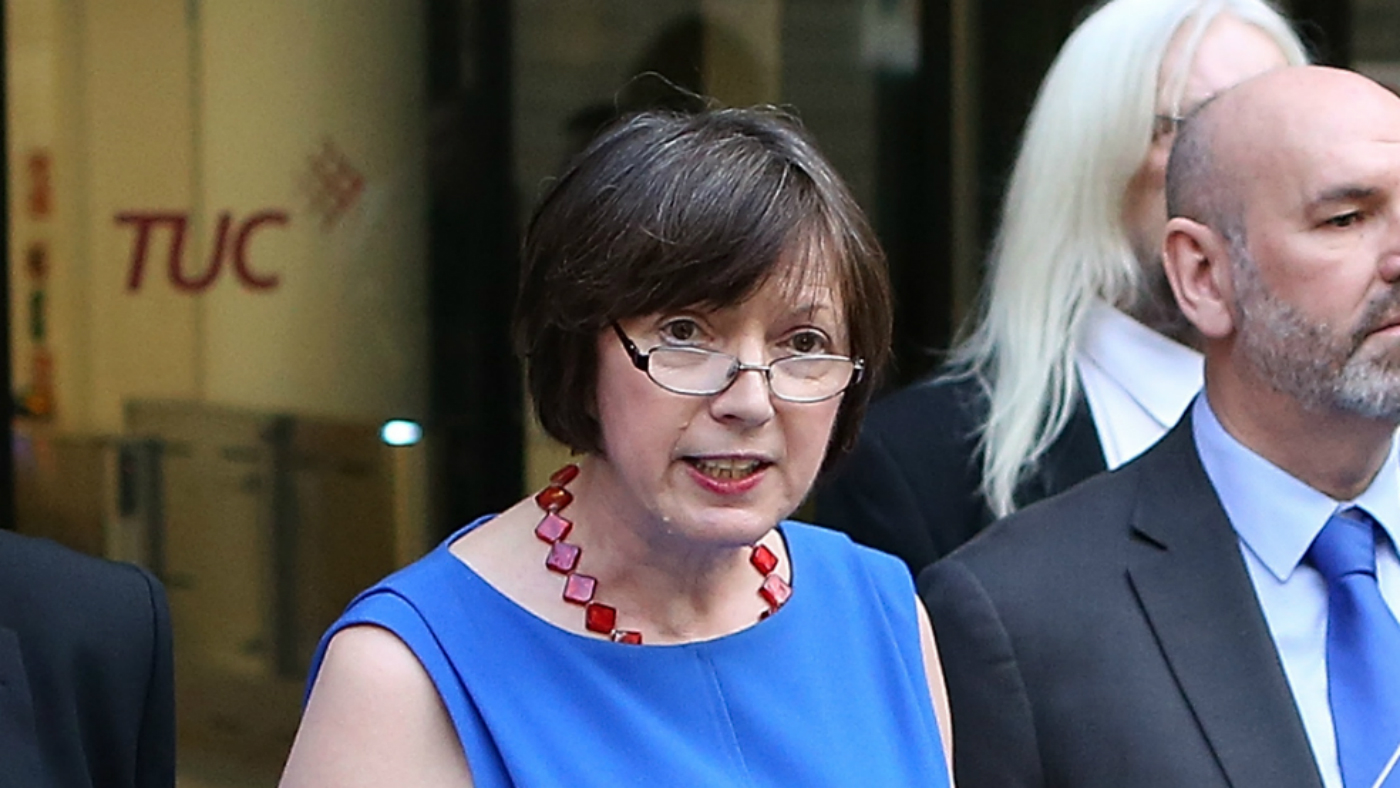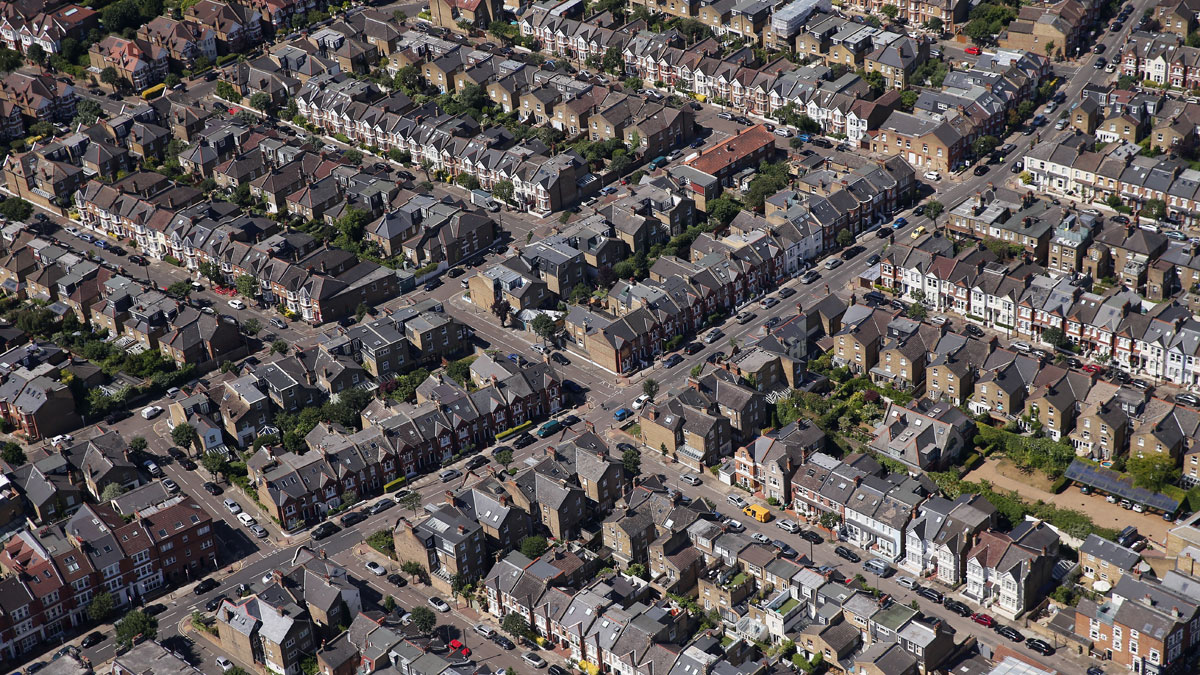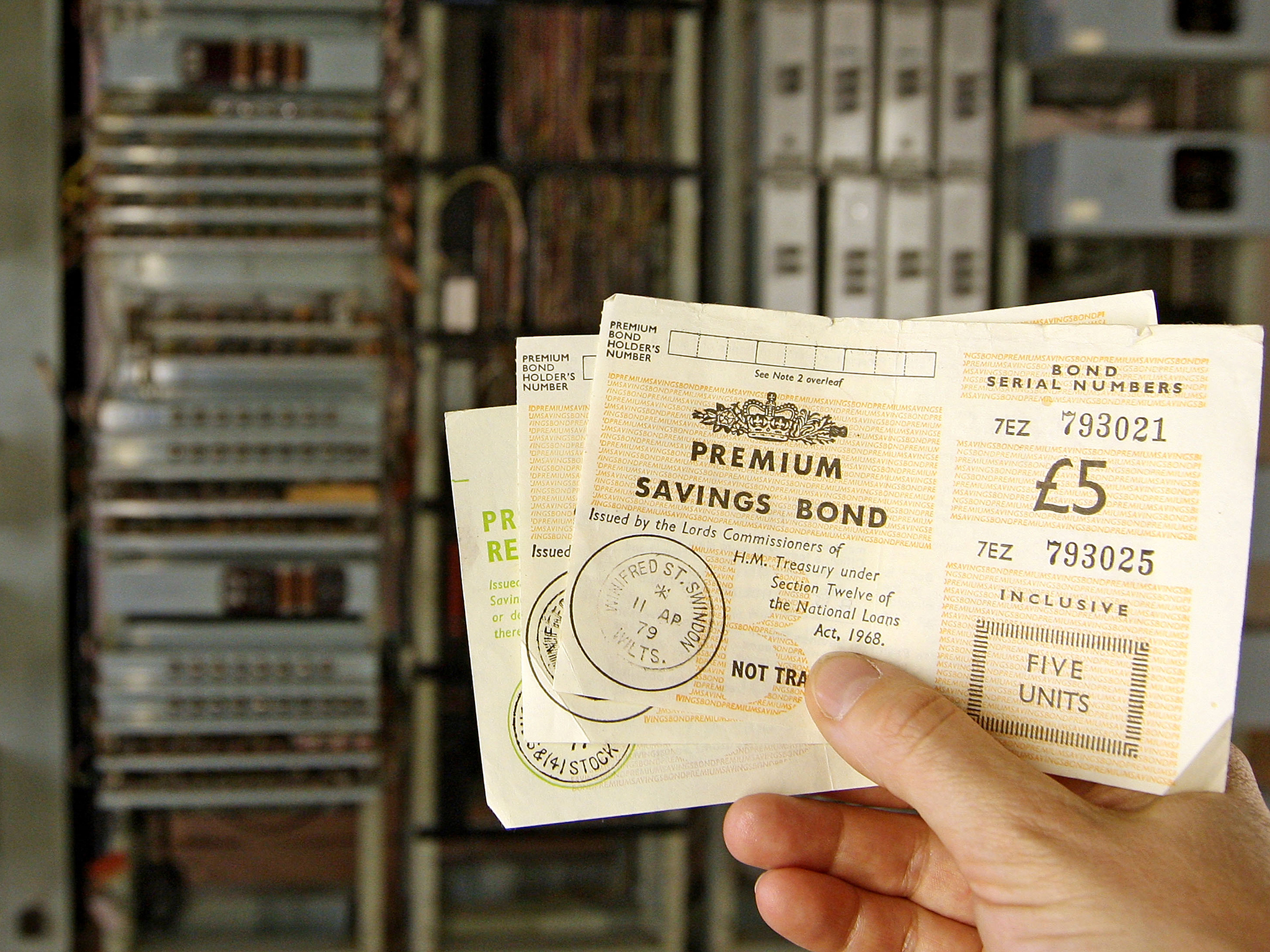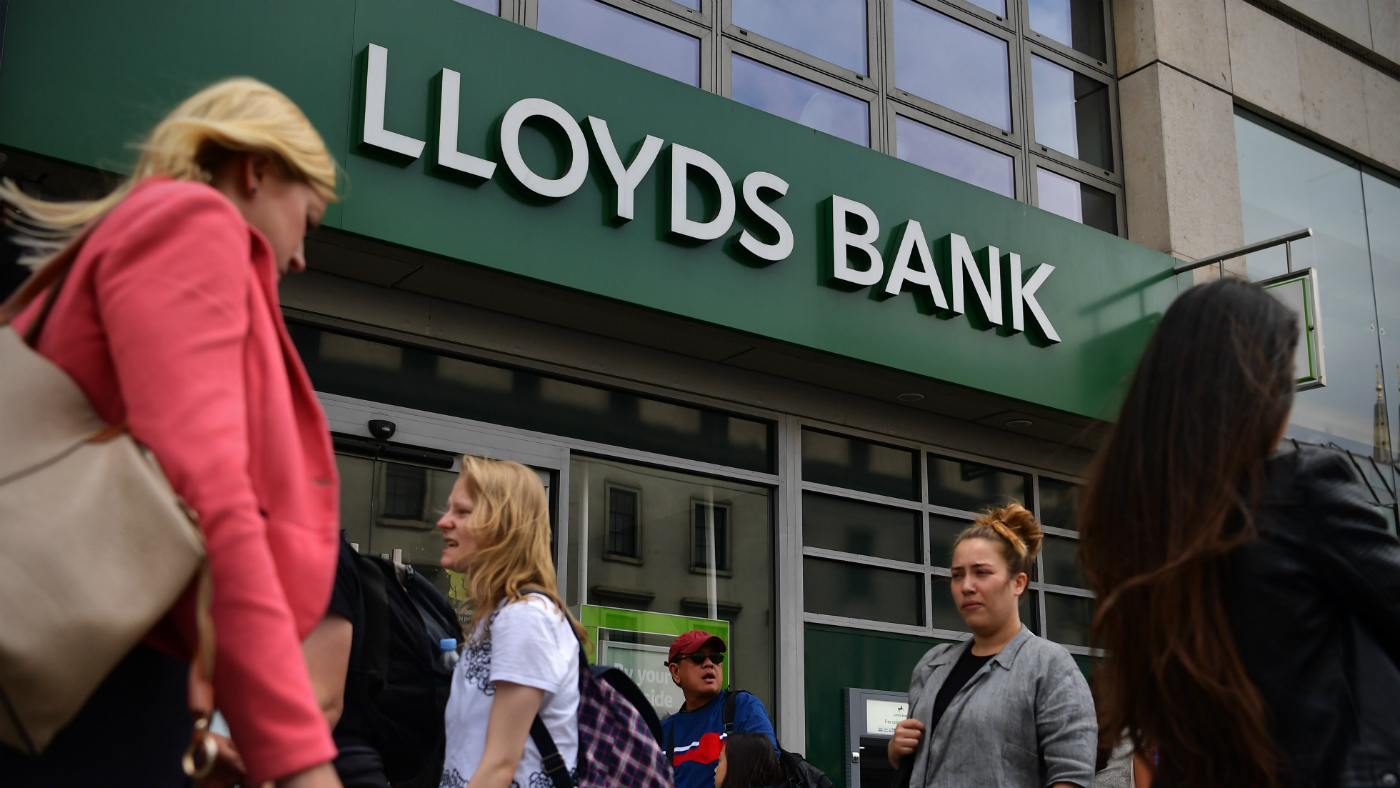Family debt close to pre-financial crisis level
Economy in 'danger zone' as workers supplement income with credit cards and loans, says TUC

A free daily email with the biggest news stories of the day – and the best features from TheWeek.com
You are now subscribed
Your newsletter sign-up was successful
Household debt is close to the level it was at immediately before the financial crisis, putting the economy in the "danger zone", says the Trades Union Congress (TUC).
Unsecured debt is now £13,200 per family, it reports, only £100 below the all-time high reached in 2007.
Based on Office for Budget Responsibility projections for the economy, this will rise to £13,900 at the end of this year and peak at £15,000 before the end of the next parliament.
The Week
Escape your echo chamber. Get the facts behind the news, plus analysis from multiple perspectives.

Sign up for The Week's Free Newsletters
From our morning news briefing to a weekly Good News Newsletter, get the best of The Week delivered directly to your inbox.
From our morning news briefing to a weekly Good News Newsletter, get the best of The Week delivered directly to your inbox.
Frances O’Grady, TUC general secretary, said: "The surge in household debt is putting the economy in the danger zone."
Unsecured debt includes spending on credit cards but not mortgages secured against a property. According to the Daily Telegraph, consumer debts alone rose by £1.6bn in March.
The implication is that if the default level rises, it could prompt a fresh financial downturn.
O'Grady said the underlying issue was caused by workers using credit cards and payday loans to supplement their incomes, which remain below pre-crisis levels in real terms, and called on the government needed to increase the minimum wage and lift the public sector pay freeze.
A free daily email with the biggest news stories of the day – and the best features from TheWeek.com
While earnings are above pre-crisis levels in cash terms, they have not recovered fully once inflation is taken into account.
Disposable income did rise for a couple of years from 2015, when inflation fell close to zero, but price rises are now back above wage increases this year, says The Guardian.
-
 Why are election experts taking Trump’s midterm threats seriously?
Why are election experts taking Trump’s midterm threats seriously?IN THE SPOTLIGHT As the president muses about polling place deployments and a centralized electoral system aimed at one-party control, lawmakers are taking this administration at its word
-
 ‘Restaurateurs have become millionaires’
‘Restaurateurs have become millionaires’Instant Opinion Opinion, comment and editorials of the day
-
 Earth is rapidly approaching a ‘hothouse’ trajectory of warming
Earth is rapidly approaching a ‘hothouse’ trajectory of warmingThe explainer It may become impossible to fix
-
 Brits keeping 21 million ‘money secrets’ from friends and family, survey reveals
Brits keeping 21 million ‘money secrets’ from friends and family, survey revealsSpeed Read Four in ten people admit staying quiet or telling fibs about debts or savings
-
 London renters swap cramped flats for space in suburbia
London renters swap cramped flats for space in suburbiaSpeed Read New figures show tenants are leaving Britain's cities and looking to upsize
-
 Should the mortgage holiday scheme have been extended?
Should the mortgage holiday scheme have been extended?Speed Read Banks warn that some homeowners may struggle to repay additional debt
-
 RBS offers coronavirus mortgage holidays
RBS offers coronavirus mortgage holidaysSpeed Read Taxpayer-owned bank follows measures taken in virus-struck Italy
-
 What are the changes to National Savings payouts?
What are the changes to National Savings payouts?Speed Read National Savings & Investments cuts dividends and prizes for bonds
-
 China clears path to new digital currency
China clears path to new digital currencySpeed Read Unlike other cryptocurrencies, Beijing’s would increase central control of the financial system
-
 Why are donations surging to the RNLI?
Why are donations surging to the RNLI?Speed Read Charity enjoys flood of funding after criticism for overseas work
-
 PPI deadline day: how to claim
PPI deadline day: how to claimSpeed Read Final chance for consumers to apply for compensation